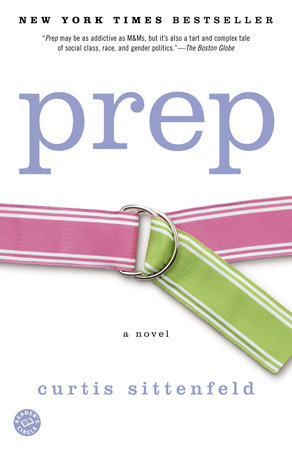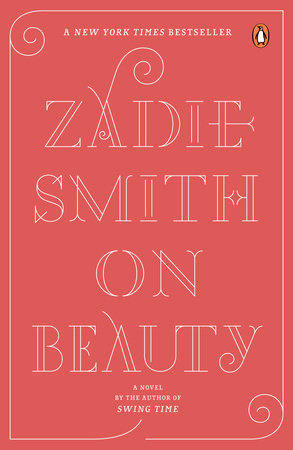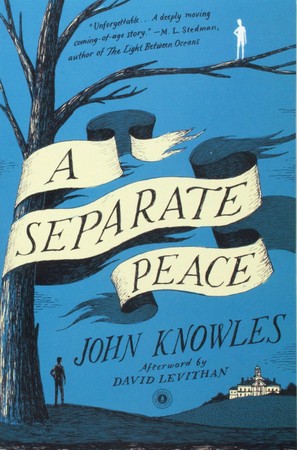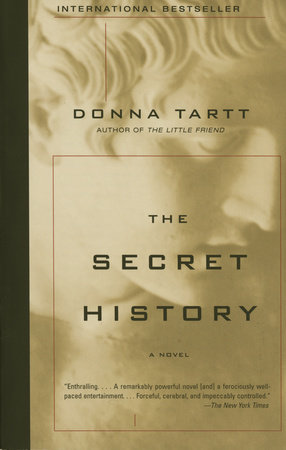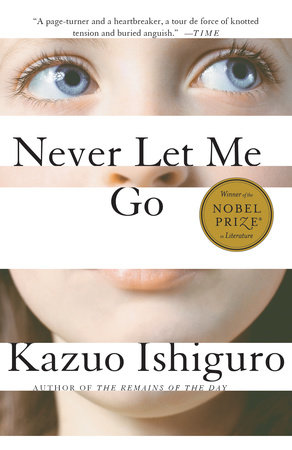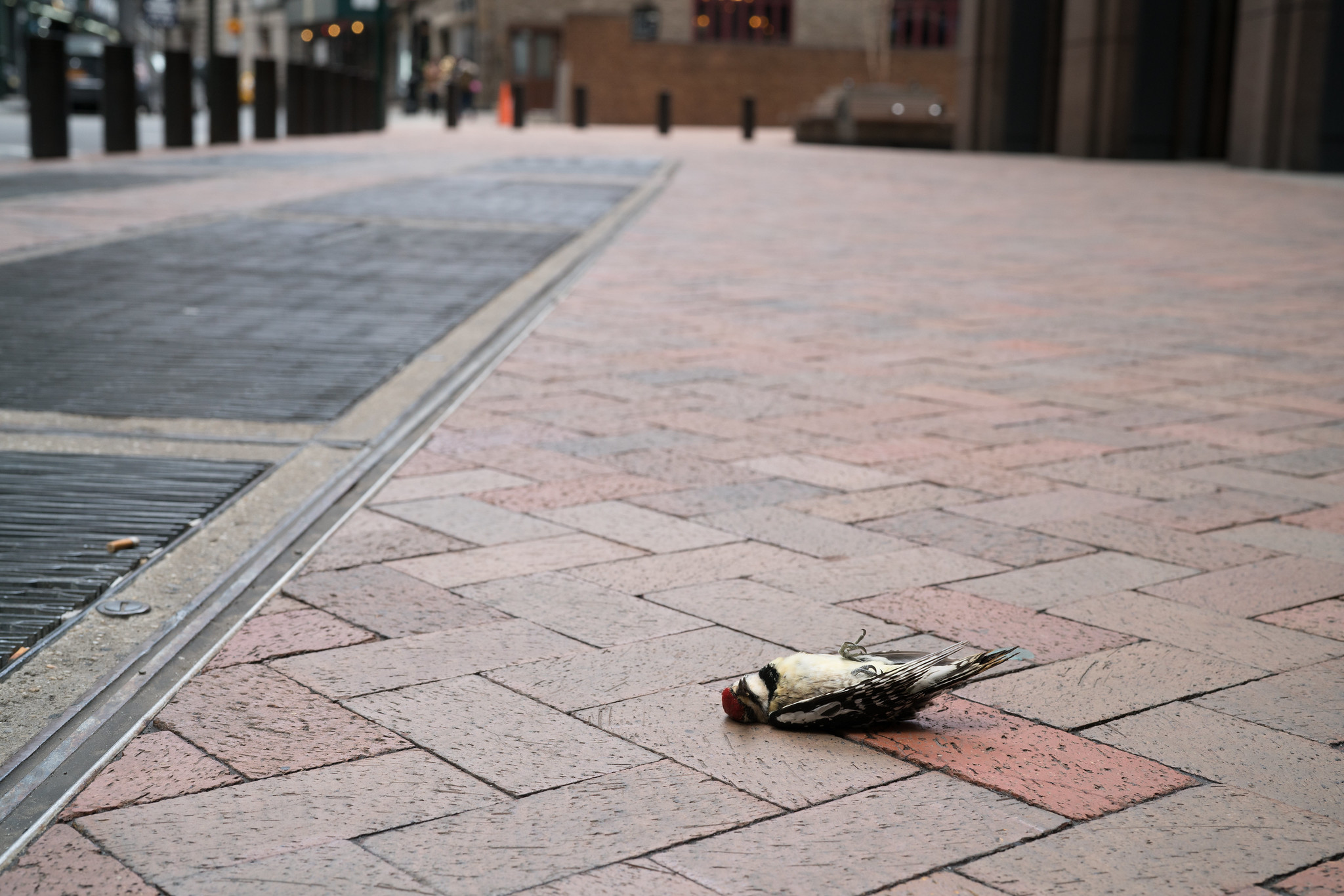Reading Lists
8 Stories About What Really Happens on Campus
Caroline Zancan, author of "We Wish You Luck," recommends novels about students and teachers behaving badly

I find the siren call of a campus novel as irresistible as the next reader, and because the only piece of writing advice I endorse without caveat is that writers should write the novel they want to read, one of the first things I knew about my novel We Wish You Luck is that it would be set on a campus where my characters would roam wild and misbehave mightily.
I personally think of the campus novel as the anti-beach read, often demanding to be read under a flannel blanket with a glass of red or a stout, because there often is a naughty, scandalous, or just plain dark element at work in them. What is it about an uninterrupted stretch of lawn or a few steepled buildings that makes us behave so badly? In any case, it’s no surprise to me that many of the books below were originally published in January or one of the other ungodly cold, early months of the year. Now that the festive, cheerful weeks of winter are behind us, and there’s still three plus months of the grey, blank cold ahead, it’s time: kick off your shoes and pull the bar cart up alongside one of these master works. Just make sure the chair you choose allows for frequent turns of the head to see who’s behind you.
Prep by Curtis Sittenfeld
Prep is the consummate campus novel—its jacket still pops up in my mind like a billboard on an abandoned highway when I consider the genre. I remember being at first puzzled and then completely thrilled upon reading it my senior year of college, that this big, serious novel everyone was talking about didn’t have some epic, winding plot or live or die stakes—it was simply about the interior life of a young girl at a prestigious east coast boarding school who sometimes struggles to make sense of her place in the world, and connect meaningfully with people around her. Yes, there was a pink belt on the jacket, but everything else about the book’s packaging—from its trim size to the Tom Perrota blurb on the cover—made it clear that it was meant to be taken as more than a beach read or chick-lit despite its young heroine. And rightly so—the journey through this one high school career manages to say meaningful, memorable things about race and class. And I still remember being completely scandalized by that cheese or fish dichotomy! (I’ll avoid expounding not to avoid spoilers, but because as a repressed Catholic school girl I’m already blushing. Just read the book.)
On Beauty by Zadie Smith
You might think the characters in a novel about university faculty would be better behaved than those in a student gazing novel. Not so, but it’s lucky for us. I personally think this is Zadie Smith’s very best work—so few literary novels are as Will Ferrell-level funny as this one, which also happens to be incredibly wise and profound. Smith has managed to make a philosophical story about one family’s entanglements in academic life as gripping as Gone Girl.
A Separate Peace by John Knowles
Did Gene really mean to bounce Phineas out of the tree or was it an accident? I’VE READ THIS BOOK HALF A DOZEN TIMES AND I STILL DON’T KNOW! Phineas doesn’t know! Even Gene doesn’t really know! This was one of the central questions of my high school English career, and if you want to know what a nerd I am, I’ll tell you that it’s still one of the dozen or so questions that rotates through my mind in a loop when I can’t sleep. In fact, the list I am probably much more qualified to put in front of you is pieces of evidence in favor of and against the fateful sway of that tree branch having been an actual, intentional act of violence. The novel is set at an all-boys boarding school in New England at the start of World War II, and while its secluded campus might shelter the boys’ from the raging war, it can’t protect them from their own dark impulses.
The Prime of Miss Jean Brodie by Muriel Spark
My copy of The Prime of Miss Jean Brodie is an elegant 137 pages, and how Muriel Spark manages to so fully contain the rich, often surprising lives of the girls at the Marcia Blaine School for Girls in Edinburgh, Scotland and their beloved Miss Brodie in such little space is as much a mystery to me as how murderous Gene was really feeling up there in the tree the day Phineas fell. I suppose one of the great advantages to a writer of keeping your manuscript slim is that you’re all the more poised to make sure every last word is in just the right spot, and that no one of the sentiments you’re trying to convey might not be better served by a different choice. Here, Spark employs that advantage masterfully. I’ll never forget the day James Wood gave a lecture on this book during one of my MFA residencies at Bennington, perhaps the most eerily gorgeous campus in all of fiction or life. He showed us just how much mileage Spark was getting out of words most writers would consider completely functional, throwaway words—words traditionally used to prop up the real showbirds of a sentence. He put one of my own favorite passages of the book up on an overhead projector and asked us to pinpoint the exact word that gave it its power. Spoiler alert: it wasn’t the word we were expecting. But then, a master like Spark doesn’t need showbirds.
The Secret History by Donna Tartt
Part of the magic of The Secret History is that it may be the only book in the history of the written word that has as much to recommend it to Dateline fans as it does to classics scholars. But anyone who’s ever stepped onto Bennington’s campus knows that its real power is in its setting—a place that haunted is practically begging to have rapturously dark things committed there. Tartt famously attended the school with Bret Easton Ellis and Jonathan Lethem, and her changing its name to Hampden in her now classic debut did little to disguise her alma mater (or some of her classmates). I had the distinctly unsettling pleasure of reading The Secret History across one snowy January residency on Bennington’s campus, an experience further heightened by the few undergrads on campus during that stretch, who were all too eager to point out the spots that had inspired the backdrops for various scenes in the book. There’s no recapturing that for you here, but pointing you to Lili Anolik’s brilliant oral history of the college during Tartt and co’s time there is a close second.
Never Let Me Go by Kazuo Ishiguro
Hailsham, the exclusive English boarding school where Ishiguro’s novel begins, feels more like a grand old manor than it does a traditional campus, but that’s ultimately the least strange detail of the many unorthodox elements at work there. The sci-fi twist that ultimately explains many of the mysteries that the book’s earnest, heartbreaking narrator tries to untangle across the story does nothing to diminish how real and raw her experience is. Like all the best science fiction—like all the best fiction—the book ultimately speaks to what it means to be a human. How a middle-aged man managed to so realistically inhabit the voice of a young girl coming of age and harness it to convey all the capital T Truths he illuminates here may be the greatest mystery of all.
Infinite Jest by David Foster Wallace
I know I know, it’s a first-sip-of-hot-chocolate hot take to try to file Infinite Jest away as a campus novel, but hear me out: some of the best, most memorable scenes of this brain-breaking book take place at the Enfield Tennis Academy, perhaps the most singular, whack-a-doodle campus of all time? And part of the book’s greatness is that it is so many different things at once—campus novel, spy novel, treatise on addiction, commentary on our pop culture—that it becomes a new thing entirely. Something so rare and unwieldly that you finish wondering if you can even call it a novel. I’m often a little bashful to admit that it took several false starts before I finally read this one cover to cover. I much more readily follow up with the fact that David Foster Wallace gave my commencement speech on the day I left my first-love campus, Kenyon College, in 2005. He delivered a now-famous speech that, even at the time, felt life-changing to me. Before he had finished I swore to myself I would finish Infinite Jest, my copy currently face down on the floor of my still unpacked dorm room after I abandoned it twenty pages in, no matter how many tries it took me. That day he finished his speech by saying “I wish you way more than luck.” I had already been planning to move to New York with my college roommates when he dispatched us that way, but I had assumed it would be a short-lived adventure—a year or so of spectacularly messy nights out and story gathering—and those seven little words changed how seriously I took myself, or how grand I let my post-collegiate scheming get. It changed the shape of the life I felt allowed to imagine for myself. His final words—his being there at all—felt like a benediction, and I took the luck he offered and I ran.
Of the many, many things that have happened in my life since I left Kenyon’s campus that make me feel lucky, that David Foster Wallace being my commencement address giver made me return to this novel again and again until I was ready to read it in full is near the top of the list. Yes, it’s difficult, but it’s also great. It’s warm and funny and very very human, despite its superhuman ambitions. And like so many impossible-seeming things in life, it’s worth the work and effort. And sure, it may be passe in 2020 to admit you’re a DFW devotee, but who cares—that’s a terrible reason not to love something. Which is just about the best set of lessons any campus or commencement speech or novel can impart.
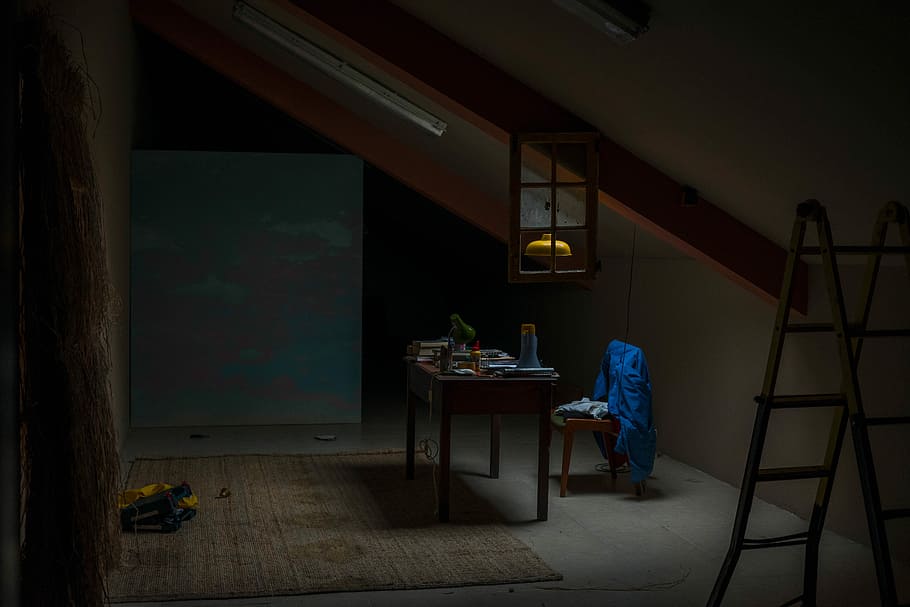
“The Suicide Room” by Adam Ross
I know it’s kind of cheating to put a short story on a list of novels but cheating is a hallmark of the campus novel tradition, so I’m going for it. Plus, any story that begins “We were sitting on the floor of Will’s dorm room, smoking pot, when the conversation turned to death” has to be taken as a serious contender in this genre, regardless of its length. And the rest of the story is just as grimly Great.





